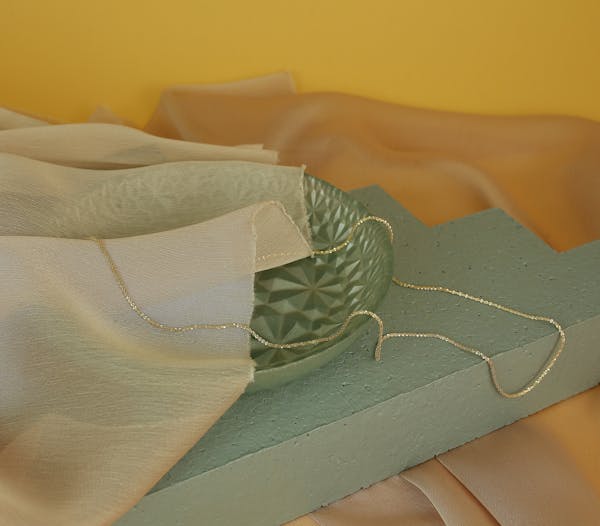Real Estate: Investing in Superstitious Cities

Superstition and real estate sound like a weird combination, but it’s an aspect you need to consider. There are cities with superstitious beliefs that can influence real estate markets in surprising ways. You need to understand that cultural nuances can give you an edge before making an investment decision.
The role of superstition in real estate is that it’s deeply rooted in many cultures and can essentially impact property values and investment trends. There are certain numbers, dates, or directions that are considered lucky or unlucky, which will influence buying and renting decisions. For example, in many Asian cultures, the number eight is linked with prosperity, and the number four is usually avoided.
There have been people who believe in 3 superstitions that are related to real estate. These are property numbers, building orientation, and Feng Shui.
Property numbers are buildings with numbers that are “lucky,” and they’re often sold for a high price. In Hong Kong, there are apartments on the eighth floor that are highly desired.
Building orientation is when the direction of a building faces in a “special” way, which can influence its appeal to people passing by. There are cultures where buildings that face the south are favored because they’re said to be associated with sunlight and good fortune.
Feng shui is an ancient Chinese practice that focuses on the flow of energy and can greatly impact property values. If your building has good feng shui, it’s believed to bring prosperity and happiness to people living or working in the building.
If you plan to invest in superstitious markets, you must look out for opportunities and risks. So, while superstition can blow up property values, it can also create investment opportunities.
Properties with “unlucky” numbers or orientations are known as undervalued properties. These properties might be priced lower than their basic value. This gives a chance for buyers to buy the property at a discount.
Catering to certain superstitious beliefs creates cost-effective niche markets. An example would be developing properties with designs that go with feng shui, which can attract potential tenants with big pockets.
Long-term appreciation is when long-term property values are driven by economic fundamentals.
But one shouldn’t rely on superstition when making investment decisions. It’s risky.
One must know about these three factors: market bubbles, cultural shifts, and diversification. Market bubbles focus on lucky numbers or orientations, which leads to overvaluation and potential losses. Cultural shifts are superstitious beliefs that evolve through time. Some properties were once considered lucky but could be less wanted.
Also, take note that diversification is important in any investment.
There have been case studies with superstition and real estate. Some cities around the world have compelling case studies of superstitions that have impacted real estate.
Hong Kong is known for its colorful property market, and it is a prime example of superstition influencing its prices. There are apartments on floors ending in eight that are highly wanted, imposing premium rents.
Singapore is also known for its superstition culture. They have properties with good feng shui, which they consider promising and bring in higher prices.
In Taiwan, the number four is considered unlucky, and many buildings skip the fourth floor. Investors are willing to take the risk of creating opportunities in such buildings.
You can also check out Genting Casino for more cities that believe in superstitions.
Other places have superstitions that also relate to real estate or families moving in. Here are a couple of examples.
Bringing starch and salt
It’s been a tradition in some countries that when moving in, new homeowners bring carbs or starch together with salt when entering their house for the first time and before bringing anything else inside. Bread or rice symbolizes prosperity, so the new homeowner will never experience starvation. On the other hand, salt is meant to keep people’s lives filled with flavor and bring in luxury.
Other homeowners would sprinkle salt at the doorway to block evil spirits from entering. Don’t forget to sweep it afterward.
Ditching the old broom
There’s a popular belief that you shouldn’t bring your old broom into your new home. The old one will bring negative energy and experiences from your old home to your new home, which includes all the bad luck you want to forget. Even if you don’t believe in superstitions, it’s better to get a new broom, which symbolizes your fresh start.
In summary, superstition is complicated to understand, and it has this senseless force that can greatly impact markets in real estate. Even though it’s natural to conduct a thorough financial analysis before making investment decisions, you must understand that cultural nuances can provide valuable insights.
Also, as the market in real estate is influenced by many factors, including conditions in the economy, demographics, and infrastructure development, superstitions can be a fascinating aspect to delve into. However, it should never replace investment principles.





